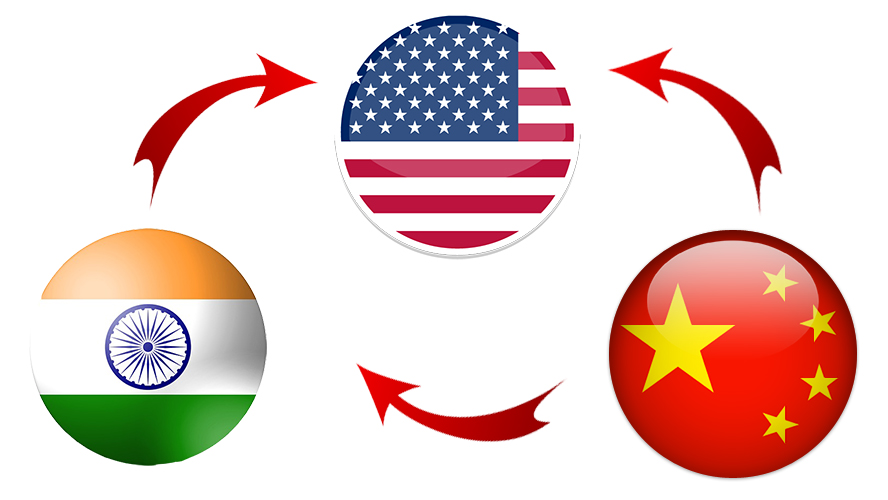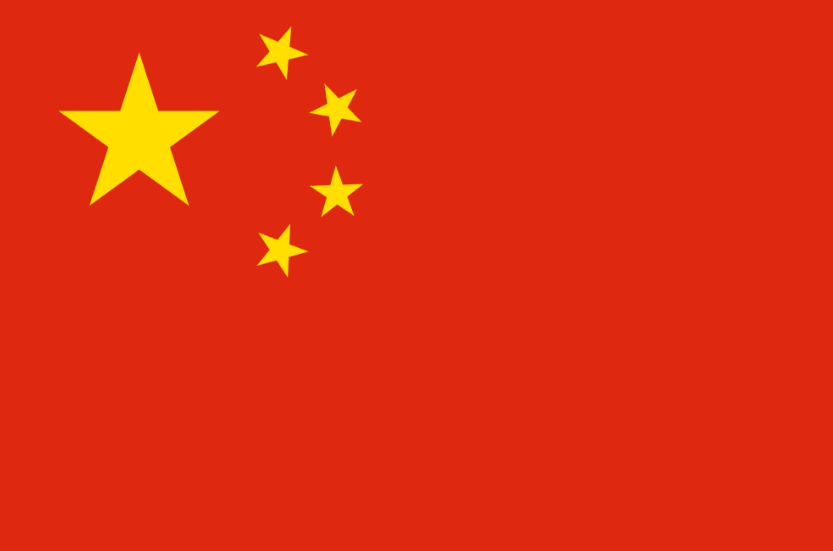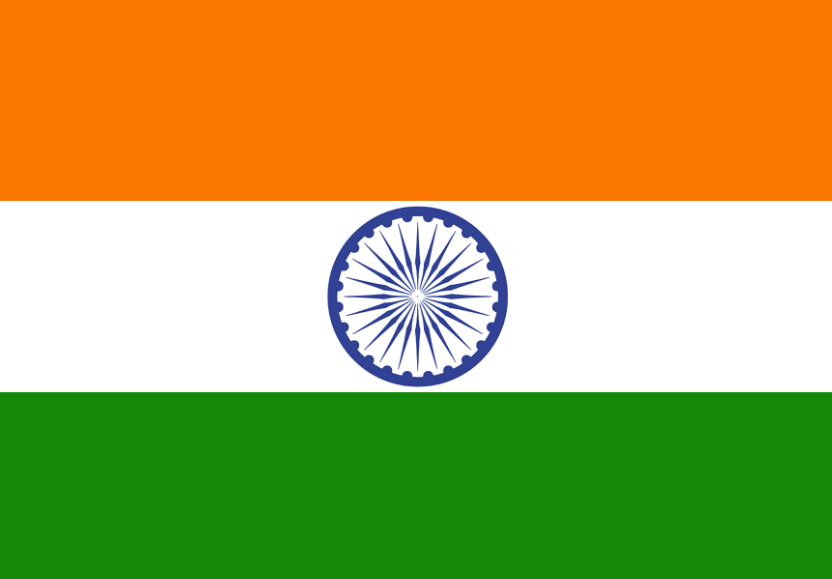
What does President Donald Trump's election mean for the two most prominent emerging powers in the world China and India? And how will these two nations engage with United States' (U.S.) new administration? These two questions were discussed by former Major General Zhu Chenghu of China, and former Indian foreign secretary, Ambassador Shyam Saran during a recent public lecture entitled China-India-U.S. Relations under the Trump Administration' at the Lee Kuan Yew School of Public Policy (LKYSPP).
The talk was chaired by the LKYSPP Dean, Kishore Mahbubani, who began the session by highlighting the role of India and China behind Trump's election. He remarked that the development of both these countries shaped a new world order, and traditional workers could not adjust to the changing industrial shift, causing a sense of discontent within the force. This disaffected attitude created a platform for Trump to win the elections. He added that only time will tell what Trump's presidency will mean for China and India.

General Zhu underscoredthe importance of the triangular relationship among the three countries. With the U.S. asthe superpower, and India and China as rising powers, a well-managed China-India-U.S. relationshipcan potentially bring peace and stability to the region and the world.
- China-U.S.: Relationship that is of global significance although it remains to be seen how Trump's administration will engagethe Chinese government. The U.S. attempts to use containment policy for China's growth,but the key to the future health of this relationship lies in their trade. Zhu saidthat problems in China-U.S. relations will mean trouble for the world.
- India-U.S.: Easily the closest relationship among the three permutations. If theU.S. uses offshore balancing as one of its geopolitical strategies in the near future, India will become its relevant partner. This alliance may be used to contain China's growth and outreach.
- China-India:The most important relationship in the triangle by virtue of their shared history, culture, and views on economic prosperity and the need for peace and stability. While thereare differences and flash points surrounding border issues and divergent political ideologies, these differences can be overcome through capable leaders and their commitment to economic growth in the region. China sees India's economic potential and is willing to invest in it.India and China should welcome the U.S. to play a constructive role in the region.

Ambassador Shyam Saran highlighted the importance of China looking at India as an independent nation and not through the prism of its relationship with the U.S. or any other country. He also emphasised that China and India should build upon their relationship to work towards the development of the region. Its relevance has been recognised by both nations, evident in the2005 Strategic Relationship Agreement signed between India and China. The agreement was built on the foundation that both parties will not look upon each other as a threat. Here are the points Saran made about the China-India relationship.India's current understanding of its relationship with China is based on the following points from the 2005 agreement:
- India welcomes the rise of China and considers it a positive development, a sentiment that is reciprocated by China.
- There is enough room in Asia for the growth of China and India, and their simultaneous development does not implicate a clash between these two nations.
- There will be a focus on the strategic relationship between China and India because they will shape the emerging world order.
Saran further observed that:
- India and China have the opportunity to work together on today's challenges in the light of the U.S.' waning focus on climate change as well as the changes in the global trade and investment landscape.
- India and the U.S. have opportunity to collaborate on counter-terrorism and the U.S.' engagement with Russia.
The talk concluded with the two speakers agreeing that interesting times lie ahead for the U.S. to engage with China and India.
This is aneventcoverage piece by Master in Public Policy student Mariyam Raza Haider. It has been edited by Shinae Baek.